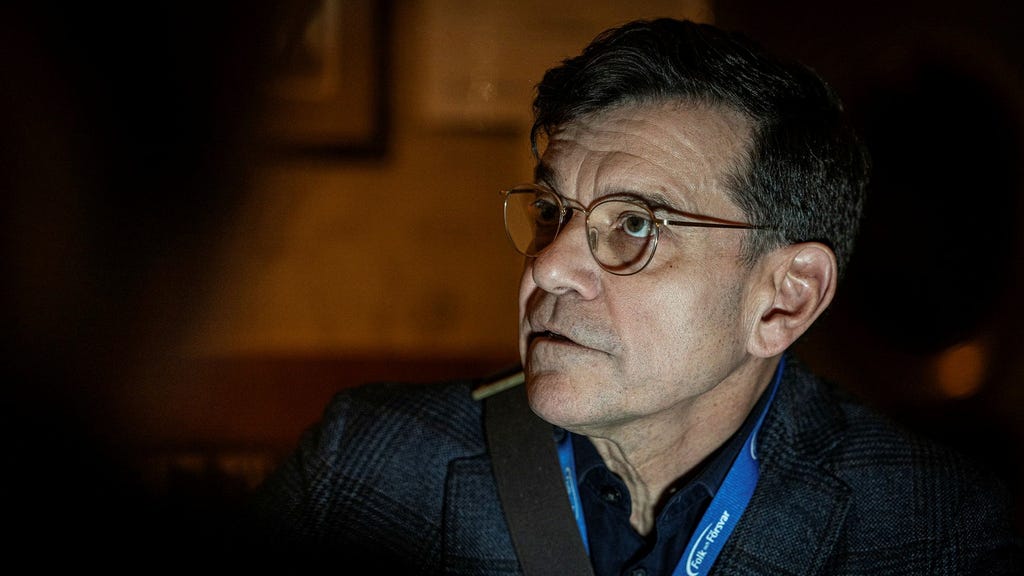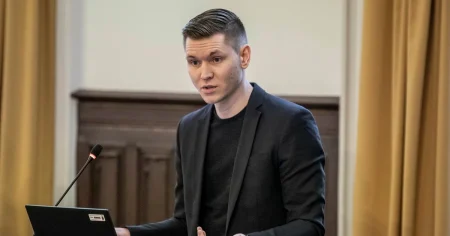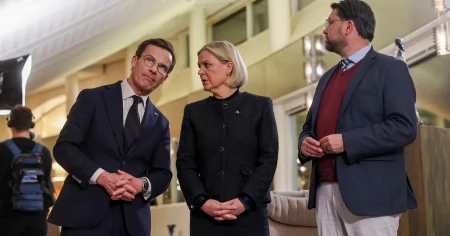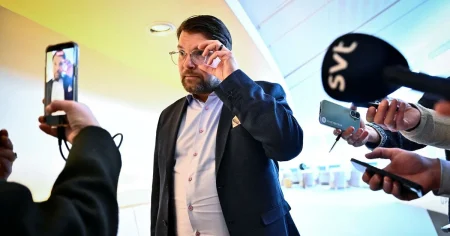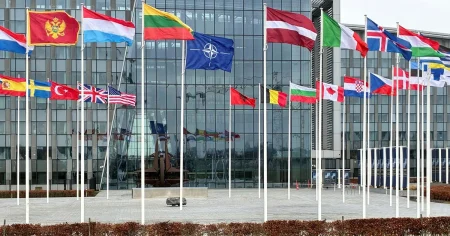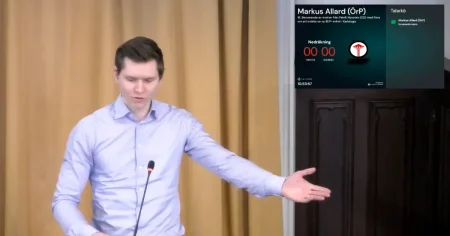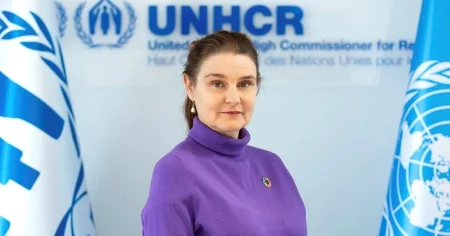The revelation by DN, a prominent Swedish newspaper, that Prime Minister Ulf Kristersson’s national security advisor, Henrik Landerholm, left classified documents at a conference center has sparked a political firestorm in Sweden. The documents, discovered by cleaning staff, contained sensitive information now considered compromised due to the breach in security protocol. At least one of these documents held a security classification, raising concerns about the potential damage to national security. This incident has triggered calls for accountability and transparency from opposition parties, who demand a thorough investigation into the circumstances surrounding the security lapse.
The discovery of the classified documents immediately raised questions about Landerholm’s competence and the potential risks his negligence posed to national security. The fact that the documents were found by cleaning personnel, rather than being securely stored or retrieved, highlighted the severity of the breach. Opposition parties seized on the incident, criticizing the government’s handling of the situation and demanding a full explanation from both Landerholm and Prime Minister Kristersson. The incident has fueled concerns about the government’s commitment to security protocols and the potential ramifications of such lapses.
Peter Hultqvist, the chairman of the parliamentary defense committee and a member of the Social Democratic Party (S), formally requested that Prime Minister Kristersson appear before the committee to address the security breach. Hultqvist argued that the incident fell squarely within the purview of the defense committee’s responsibilities and warranted a detailed examination. However, the request was denied by the committee, with the majority of members from the ruling coalition voting against it. Hultqvist expressed his disappointment with the decision, suggesting that the government was attempting to shield both Kristersson and Landerholm from further scrutiny.
Hultqvist’s frustration with the committee’s decision underscores the political tensions surrounding the incident. The refusal to summon Kristersson before the defense committee has been interpreted by some as an attempt to protect the government from potentially damaging questions. The opposition parties have criticized this perceived lack of transparency and have called for a more thorough investigation into the security breach. Hultqvist’s statement that his confidence in Landerholm is ”limited” reflects the broader concerns about the national security advisor’s ability to fulfill his duties effectively.
Adding to the pressure on the government, the Left Party filed a complaint with the Constitutional Committee (KU), the parliamentary body responsible for scrutinizing government conduct. The complaint alleges that the government has not adequately addressed the security breach and demands a full investigation. This action further escalates the political fallout from the incident and signals the opposition’s intent to pursue the matter rigorously. The KU’s investigation will likely focus on whether the government acted appropriately in response to the security breach and whether any further action is required.
The government’s response to the incident has been largely defensive. Jörgen Berglund, the vice chairman of the defense committee and a member of the Moderate Party (M), the prime minister’s party, argued that Kristersson had already addressed the matter sufficiently, citing the recent parliamentary debate. Berglund also contended that it was impractical for the prime minister to appear before various parliamentary committees regularly. This defense, however, has failed to satisfy the opposition, who argue that a more comprehensive and transparent investigation is necessary to restore public confidence. The incident has highlighted the ongoing tension between the government and the opposition regarding transparency and accountability in matters of national security.





